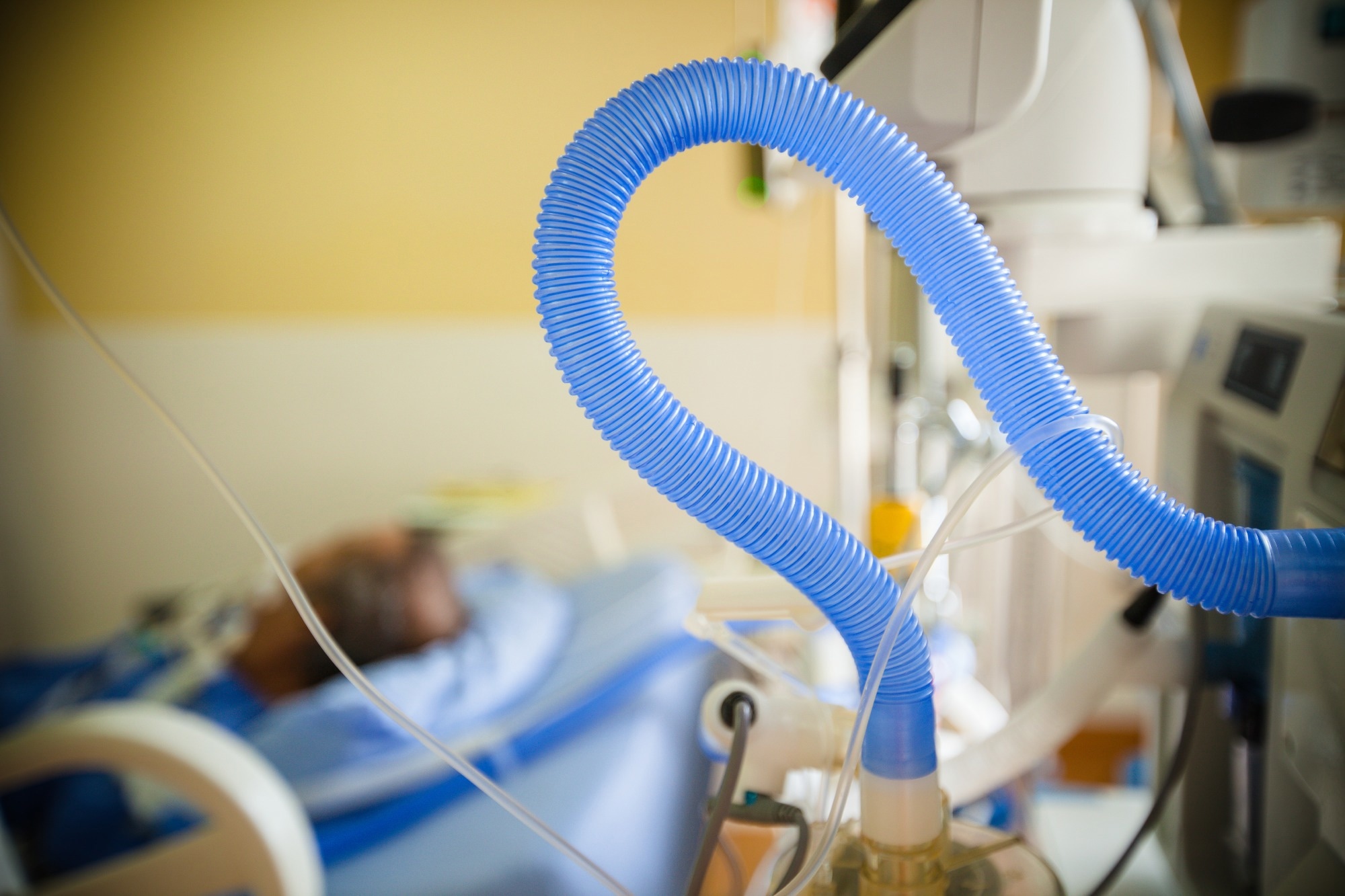RSV infection is commonly known to impact young children and infants. Adults experience significant morbidity and mortality due to this condition. RSV can cause a range of symptoms in adults, from cold-like symptoms to severe respiratory distress. Limited knowledge exists regarding the frequency and factors linked with severe complications related to RSV in older adults, despite the overall clinical impact of medically attended RSV.
 Study: Respiratory syncytial virus-related complications and healthcare costs among a Medicare-insured population in the United States. Image Credit: Chaikom / Shutterstock
Study: Respiratory syncytial virus-related complications and healthcare costs among a Medicare-insured population in the United States. Image Credit: Chaikom / Shutterstock
About the study
In the present study, researchers analyzed the incidence of RSV-related complications, identified associated risk factors, and explored healthcare costs among Medicare beneficiaries aged 60 years and above in the US.
The study utilized data from the Centers for Medicare and Medicaid Services (CMS) 100% Medicare Research Identifiable Files (RIF) with Part D linkage, covering the period between 1 January 2007 and 31 December 2019. The CMS 100% Medicare data is a collection of information used by Medicare to reimburse healthcare services and drug events for Medicare beneficiaries. Data on fee-for-service is provided for institutional, non-institutional, as well as drug event claim types. The RIF datasets contain data on carriers, durable medical equipment, hospice, home health agency, inpatient, outpatient, and skilled nursing facilities.
The study's baseline period was six months before the index date. The observation period was from the index date until the earliest of six months after the index date and the end of data availability and continuous health plan coverage. The study included patients who had at least one claim with an RSV diagnosis, possessed continuous Medicare coverage for at least six months before the index date, and were aged 60 years or older as of the index date.
The study examined the proportion of RSV patients who experienced complications, factors that predicted the development of one or more RSV-related complications, and the healthcare costs associated with all-cause as well as respiratory or infection-related issues before and after the index date. The study also assessed RSV-related complications by analyzing medical claims for conditions such as pneumonia, congestive heart failure, acute respiratory failure, dyspnea or hypoxia, chronic respiratory disease, or non-RSV upper and lower respiratory tract infections.
Results
The study included 175,113 eligible patients who could have experienced an RSV-related complication. Almost 64.8% of the participants were female, and the average age was 79.0 years. The majority of patients were White and resided in the Southern region. Approximately 12% of patients lived in a long-term facility. Around 20.8% of individuals with Medicare healthcare coverage had disability status, and 40.1% had Medicare as well as Medicaid coverage. During the baseline period, the majority of patients revealed a previous diagnosis of RSV-related comorbidity or complication, including dyspnea or hypoxia, pneumonia, and chronic respiratory disease.
Nearly half of the patients experienced at least one RSV-related complication during the observation period, and the average time to the first complication was one month. The most frequent complications associated with RSV were pneumonia, hypoxia or dyspnea, and chronic respiratory disease. About 42.7% of the 40,525 patients who did not have any RSV-related conditions at the baseline, experienced at least one RSV-related complication, with an average time of 1.1 months until the first complication occurred.
Patients with a history of RSV-related complications or comorbidities at baseline were more likely to experience RSV-related complications during the observation period. Patients who were 80 years old or older, had disability Medicare coverage, chemotherapy treatment, hypoxemia, chest x-ray, anti-asthmatic medication use, stem cell transplant, or aminophylline/theophylline bronchodilator use throughout the baseline period were more likely to experience an RSV-related complication.
The study found that patients diagnosed with RSV from 2007 to 2014 had a lower risk of RSV-related complications across the observation period compared to those diagnosed from 2015 to 2019. Patients with more baseline RSV-related complications/comorbidities, those who had a parainfluenza test, or were treated with antibiotics at baseline were also less likely to have RSV-related complications.
The study found that after a 5.1-month observation period, there was a significant increase in all-cause healthcare costs, with inpatient costs being the main driver of the increase. The mean total increase in healthcare costs was $7,797 post-index compared to the pre-index period. Respiratory or infection-related healthcare costs increased by $8,863 after the index period, mainly due to a rise in inpatient costs by $6,256.
Conclusion
The study findings showed that almost 50% of patients suffered from a complication related to RSV within a month of being diagnosed. In addition, most patients had a complication or comorbidity before being diagnosed with RSV, which increased their chances of developing another complication after diagnosis. RSV infection resulted in a significant economic burden on Medicare beneficiaries aged 60 years and above. The additional costs were mainly due to inpatient stays associated with respiratory or infection issues. The study indicated that medically attended RSV imposes a considerable clinical and economic burden on older adults, affecting both patients and the healthcare system.